The Boeing-built X-37B Orbital Test Vehicle is preparing for its eighth mission, with launch scheduled no earlier than August 21 from Florida’s Space Coast, according to a press release.
Designated OTV-8, the upcoming mission will carry a service module designed to expand experiment capacity. mKey demonstrations include a high-bandwidth inter-satellite laser communications system and what Boeing describes as the highest-performing quantum inertial sensor ever tested in space.
“With each successive flight, the X-37B has demonstrated adaptability and flexibility by hosting diverse experiments and pioneering new orbital regimes,” said Michelle Parker, vice president of Boeing Space Mission Systems.
“This mission continues that legacy by fielding cutting-edge technologies that advance our nation’s space capability and improve the resilience of future architectures.”
The X-37B is a reusable, uncrewed spaceplane operated in partnership between Boeing and the U.S. Space Force. Since its first launch in 2010, it has spent more than 4,200 cumulative days in orbit.
For OTV-8, the U.S. Space Force has partnered with the Air Force Research Laboratory and the Defense Innovation Unit. General Chance Saltzman, Chief of Space Operations, said the laser communications test will enhance the Space Force’s ability to work with commercial networks. “It will strengthen the resilience, reliability, adaptability, and data transport speeds of our satellite communications architectures,” he said.
Also aboard the mission is a quantum inertial sensor, designed to support precise navigation in GPS-denied environments. Colonel Ramsey Hom, Commander of Space Delta 9, said the demonstration has direct relevance for deep space operations. “Whether navigating beyond Earth-based orbits in cis-lunar space or operating in GPS-denied environments, quantum inertial sensing allows for robust navigation capabilities where GPS navigation is not possible,” he said.
The mission builds on the success of OTV-7, which concluded in March 2025, and reflects a broader shift toward leveraging experimental space assets for both strategic advantage and long-duration capability development.


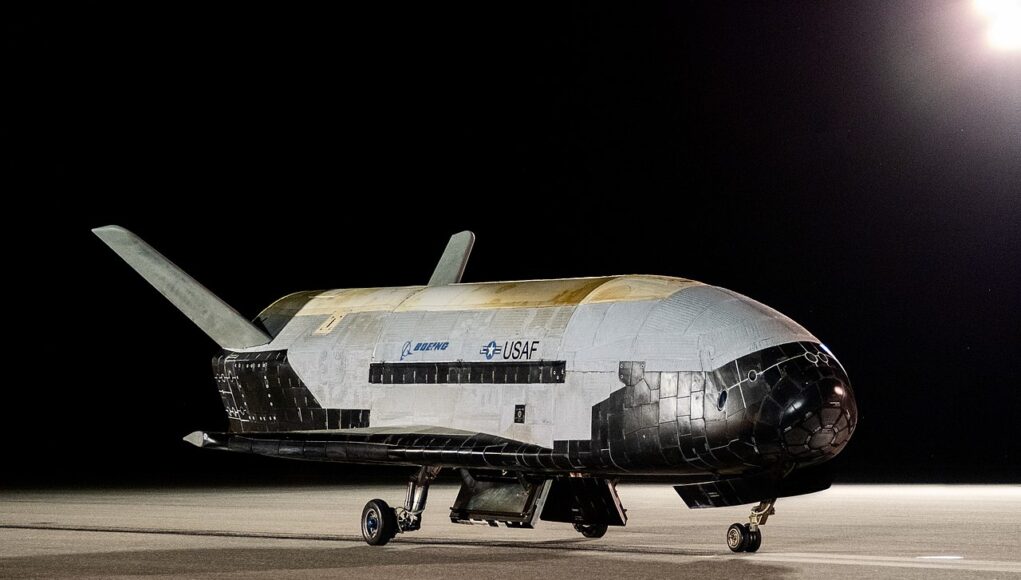
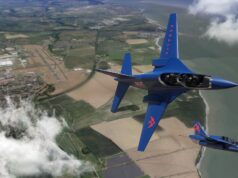

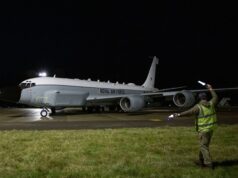
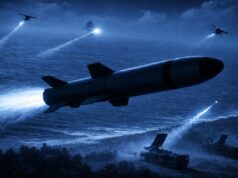
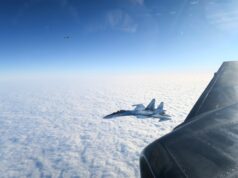



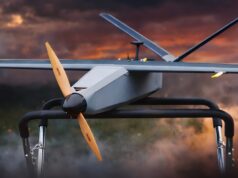
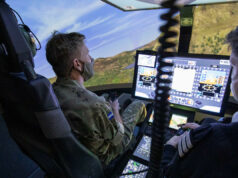

One has to wonder how a Company that can produce an excellent vehicle like this has been so abject in producing almost anything else capable of operating in space.
Have they been asked to do anything else in space?
You’ve not followed the Starliner debacle it seems…
Gosh no comments that Starmer has let the U.K. down by not having bought a squadron of these to fire lasers down onto the migrant boats in the channel…
However, as a general principle, it is usually beneficial and preferable to hold the high ground, in some manner. 🤔😉
What planet are you living on Spock?
Technically, he’s an interplanetary commuter, early schooling was on Vulcan (he got bullied a fair bit) then he spent many years on Earth and many more on various “Star Ships”. He is of mixed parentage with his Mother being Human and Father a Vulcan.
Or it could just all be made up.
As it’s ‘secret’ shouldn’t they at least…I don’t know…bungee a tarp over it or something? Bit of Vaseline over the camera lens?
That’s a bloody good point.
Now then, what to do about the thousands of pictures all over the Internet for at least ten years ?
“Shutting the stable door after the Horse has bolted”.
It’s not flying from Tonopah or Groom. It is not that secret.
There is plenty flying that is.
cis-lunar space???!!!
So is there a trans-lunar space? Or a bi- or an ace- or a poly- ?
Yes, there is trans-lunar space, as in beyond the earth and moon, just as there is cislunar space – between the earth and moon. Maybe space exploration will have to be defunded now it turns out to be woke.
I always though Captain Kirk was a bit metro-
Strangest thing, in all the years, you never saw him pop to the loo.